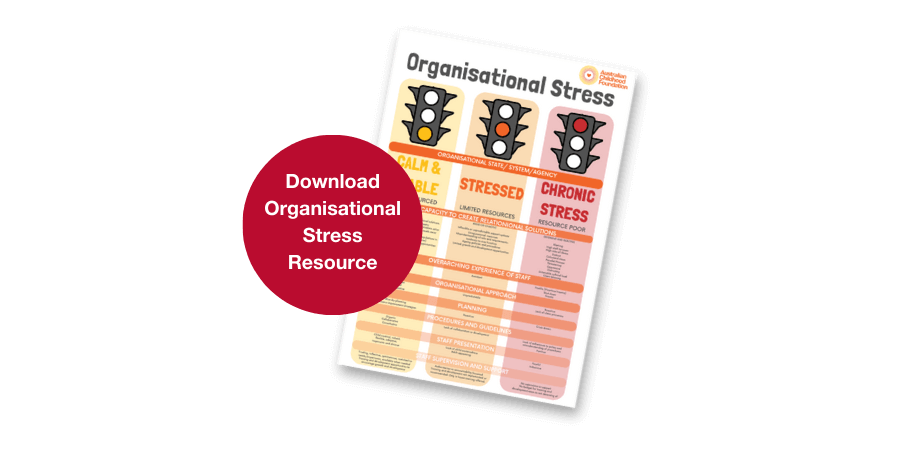
Navigating the duality of lived experience and professional roles
‘Navigating the duality of lived experience and professional roles’ blog article was written by Sue Buratti, Program Manager, Therapeutic Services at Australian Childhood Foundation.
Navigating the duality of lived experience and professional roles when supporting vulnerable children is complex and largely unacknowledged.
As we care for children who have experienced complex trauma, the invisibility of support and planning for staff with lived experience who carry their own stories of trauma is a significant factor influencing workforce shortages in the human services sector.
Without organisational design, which includes consideration for a workforce with lived experience, we are adding to the deep well of chronic stress and turnover.
Trauma training is commonplace, and our approaches to trauma-sensitive practice are slowly adjusting to incorporate relational methods rather than relying on behavioural models that often misunderstand actions motivated by safety-seeking brains.
Policies and practices should be aligned with approaches that are not outdated and considerate of the employee who may be implementing them. The Australian Child Maltreatment Study found that more than one in four Australians has experienced 3-5 types of Maltreatment, including Physical, Emotional, Sexual Abuse and Neglect. This population sample does not exclude professionals in the child welfare sector.
Most people working in childhood trauma have completed some trauma training, so why is our workforce in crisis and longevity in roles that support complex clients is limited to approximately two years.
Until we can operationalise trauma-sensitive approaches into the fabric of our work cultures, we will continue to provide trauma-responsive practice exclusive of it being the experience of our workforce. For those who value lived experience and representation, are we providing the support and organisational processes that offer authentic experiences of safety and trust?
We are a workforce that reflects lived experience amongst us.
But do our approaches and workforce support methods align with the trauma-sensitive practice principles we provide our clients? Are we acknowledged as imperfect people supporting imperfect people? Or are we expected to be professionals immune to the statistics of the general population?
At the heart of healing is the concept of self-actualisation.
Expertise, including lived experience, should be valued. We must remain vigilant to include relational safety and elements of relational neuroscience in our whole service system to keep the experience of healing alive and create opportunities for sustainable, compassionate team members equipped to support vulnerable people.
Subscribe to the Professionals Newsletter
Join our community of more than 40,000 professionals from around the world who receive our weekly newsletter containing articles. Our newsletters help connect you to our blog, research, and free resources as they are produced. We also keep you informed on training opportunities including access to experts in the field, webinars, international speaker tours, conferences and more.

